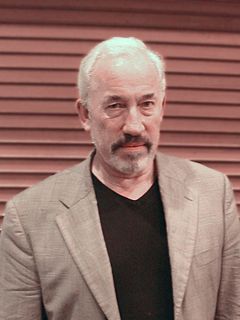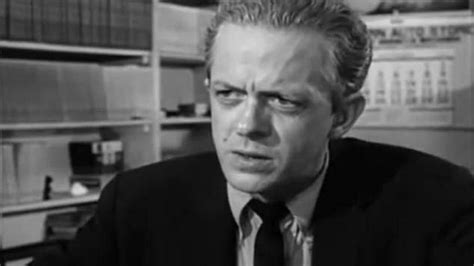A Quote by Bret Easton Ellis
I like the idea of a writer being haunted by his own creation, especially if the writer resents the way the character defines him.
Related Quotes
The characters created cannot just be a mouthpiece for the writer. When you look at a piece of writing, and it's genuine and it doesn't feel like every character is just a mouthpiece for the writer, but that they've been created in such a way that they're expressing an idea that a writer wants to get across, that's when a story succeeds.
The ‘I’ character in journalism is almost pure invention. Unlike the ‘I’ of autobiography, who is meant to be seen as a representation of the writer, the ‘I’ of journalism is connected to the writer only in a tenuous way—the way, say, that Superman is connected to Clark Kent. The journalistic ‘I’ is an overreliable narrator, a functionary to whom crucial tasks of narration and argument and tone have been entrusted, an ad hoc creation, like the chorus of Greek tragedy. He is an emblematic figure, an embodiment of the idea of the dispassionate observer of life.
One of the most useful parts of my education as a writer was the practice of reading a writer straight through - every book the writer published, in chronological order, to see how the writer changed over time, and to see how the writer's idea of his or her project changed over time, and to see all the writer tried and accomplished or failed to accomplish.
One nourishes one's created characters with one's own substance: it's rather like the process of gestation. To give the character life, or to give him back life, it is of course necessary to fortify him by contributing something of one's own humanity, but it doesn't follow from that that the character is I, the writer, or that I am the character. The two entities remain distinct.
It is easier for the reader to judge, by a thousand times, than for the writer to invent. The writer must summon his Idea out of nowhere, and his characters out of nothing, and catch words as they fly, and nail them to the page. The reader has something to go by and somewhere to start from, given to him freely and with great generosity by the writer. And still the reader feels free to find fault.
The writer walks out of his workroom in a daze. He wants a drink. He needs it. It happens to be a fact that nearly every writer of fiction in the world drinks more whisky than is good for him. He does it to give himself faith hope and courage. A person is a fool to become a writer. His only compensation is absolute freedom. He has no master except his own soul and that I am sure is why he does it.
My father was the editor of an agricultural magazine called 'The Southern Planter.' He didn't think of himself as a writer. He was a scientist, an agronomist, but I thought of him as a writer because I'd seen him working at his desk. I just assumed that I was going to do that, that I was going to be a writer.
Let the writer take up surgery or bricklaying if he is interested in technique. There is no mechanical way to get the writing done, no shortcut. The young writer would be a fool to follow a theory. Teach yourself by your own mistakes; people learn only by error. The good artist believes that nobody is good enough to give him advice. He has supreme vanity. No matter how much he admires the old writer, he wants to beat him.



































